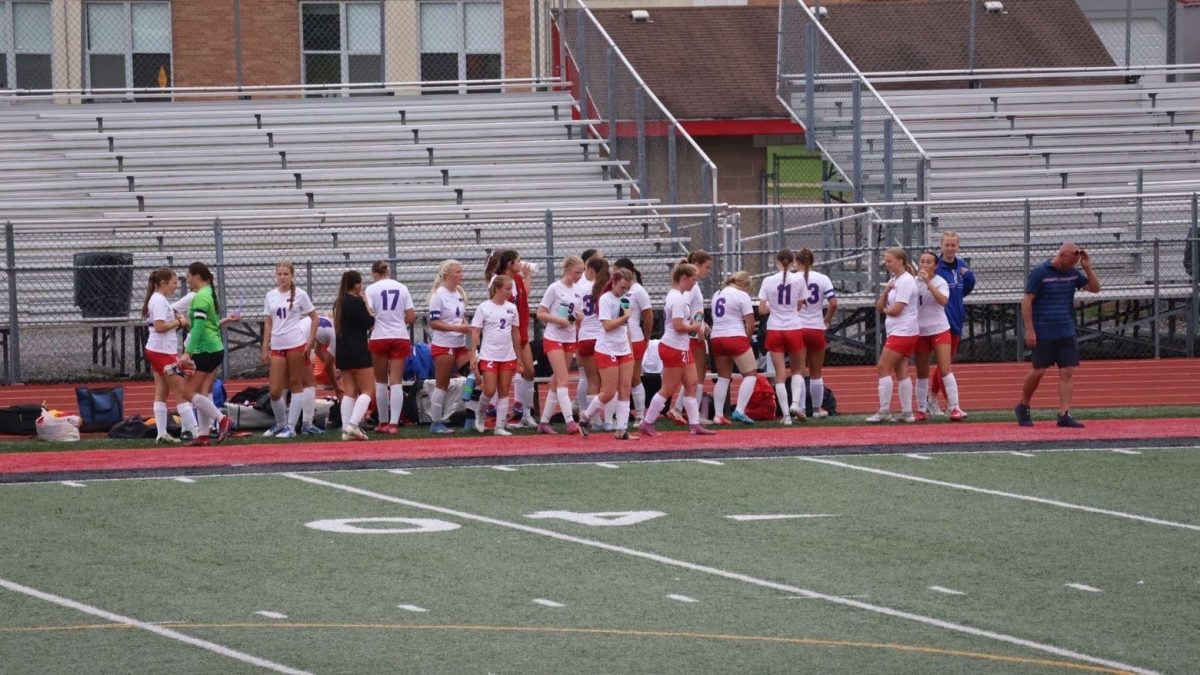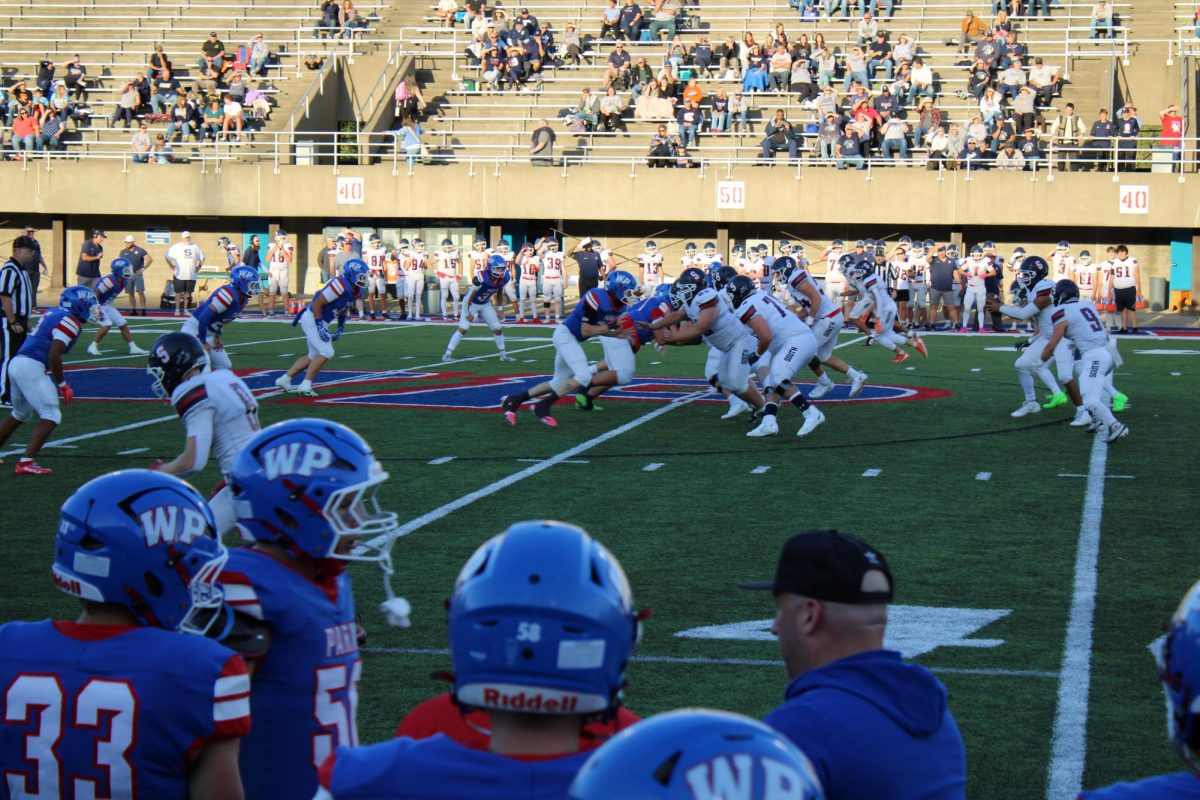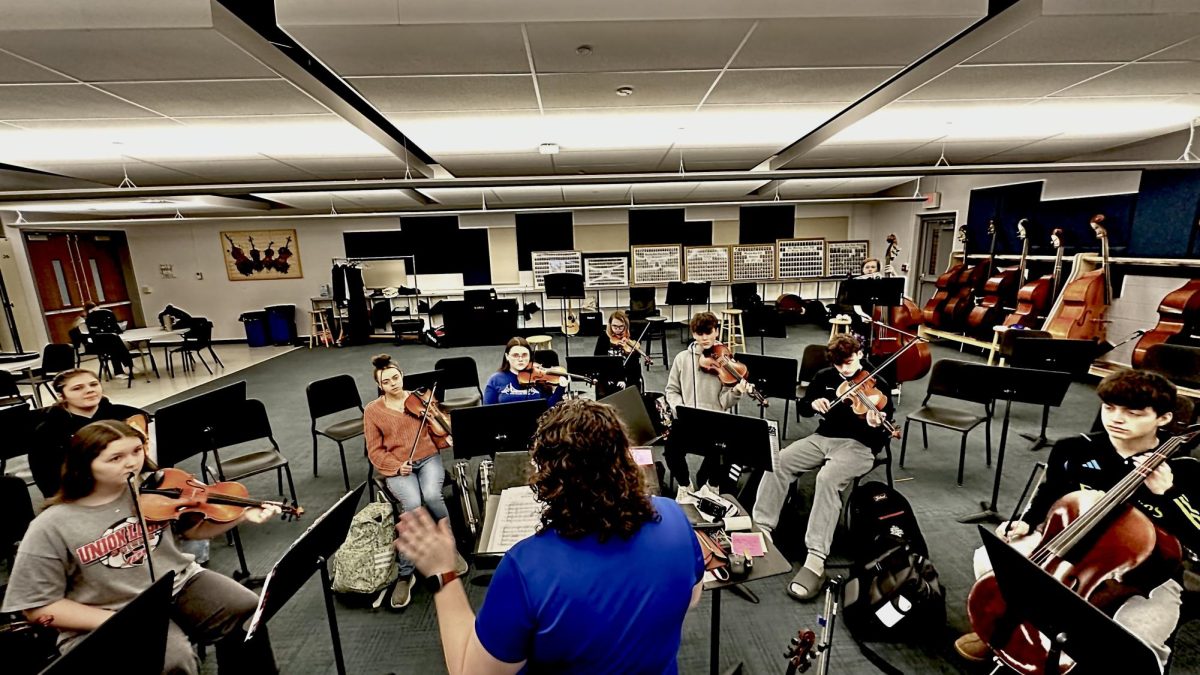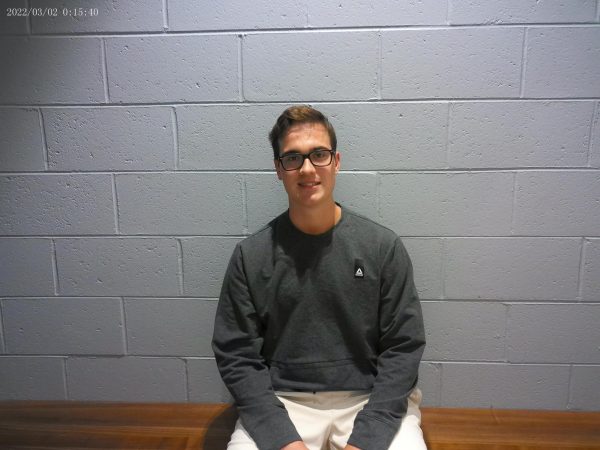Students feel as though they have to abandon their interest in order to succeed academically. Although students should strive to challenge themselves, sacrificing their interest in turn for a higher GPA can be damaging. Along with missing out on an opportunity to explore new subjects, students may find themselves overwhelmed with work and tests resulting in exhaustion. Things such as class rank and honor society seem to encourage students to “play the game”.
Although the idea of students filling their schedules with unwanted GPA enhancing courses seems it would be beneficial academically, it limits their experience in school. It sets boundaries on their education as they may ignore any class that is not honor or AP. High School should not be seen as only a chance to boost your academic resume, but it should also be considered a chance to explore your interest and grow as a person. One way a student can do this is by exploring new courses; they may find something that they truly love doing.
“I think that the curiosity of the subject and how it enriches you and changes you is what is really important” said Mr. Cirilli.
Class rank is very important to some students, and they may dedicate their entire high school experience to climbing the ranks. In turn, class rank may cause students to base their self worth on their GPA, as well as unintentionally developing rifts between students. These factors create a stressful learning environment disrupting students’ growth. Class rank discourages students from investing their interest in career tech programs and art classes.
“I dislike that it in turn pushes students away from CTE, arts, and other unweighted classes that are needed for their future development” said Ms. Mathieu.
Another problem with class rank is it only considers GPA, and tends to disregard success in any other form. It also brings up the question of how big the difference between a student rank first and a student rank tenth. GPA does not tell the full story. In the end, GPA is just a number and academic success goes beyond quantitative values.
“As a counselor, I very much believe in the growth of mindset. For me seeing the growth is deemed academic success,” said Ms. Mathieu.
Although class rank will always be a flawed system of evaluating a student’s success, there are ways to improve it.
“I have worked in a county where we ranked by decile, or percentages. That seemed to stop some of the “game play” and level the field” said Ms. Mathieu.
The National Honors Society (NHS) is another factor that encourages students to “play the game”. From an evaluation standpoint, the NHS does a better job of determining student success than class rank, but it still fails to capture the full story. The NHS evaluates students based on three categories: character, leadership, and service.
” The NHS is one of the many indicators of academic success, and it may greatly benefit students to pursue scholarships and other leadership opportunities along with NHS membership,” said Mr. Duff.
This argument is not to take away from students that have been inducted in the NHS, because it is truly a great recognition of hard work inside and outside of school.
“Student who are inducted as members of the National Honor Society have the opportunity to be rewarded and recognized for the hard work and dedication that they exhibit in their academic pursuits as well as in their personal endeavors,” said Mr. Duff.
Like class rank, the NHS may encourage students to fill their schedules with rigorous courses they have no interest in. GPA can account for up to 40 out of 100 points, but students can get points based on their character, service, and leadership. A bulk of the points are awarded for outside school activities.
One major setback of the NHS is some students may not have the opportunities to participate in activities outside of school due to family and economic circumstances. This may discourage students, who display characteristics of leadership and service, but do not necessarily have an organized activity or club to list. It is hard to evaluate students based on a small list of activities and accomplishments, and students can display the qualities needed without being part of any organized activity.
“I think the system should look more widely at a student than simply just a list of activities,” said Ms. Mathieu.
This idea of measuring success in numbers expands further than just the classroom and may even affect a person’s choice of career. There is societal pressure to choose careers that have high salaries rather than exploring jobs of interest. Much like class rank, people may feel as though they have to compete to get to the top, but they are missing out on an opportunity to enrich themselves in something they like.
“People feel they have to compete when it comes to grades, salary, and major,” said Mr. Howard.
Students should challenge themselves academically and be recognized for their success, but they should not be discouraged if they are not top of their class or NHS members. Class rank and the NHS are not the flawless, formidable evaluation of success that they are made out to be; they are only a sliver of the full story. Students should be encouraged to ignore societal pressures and explore their interests.

























